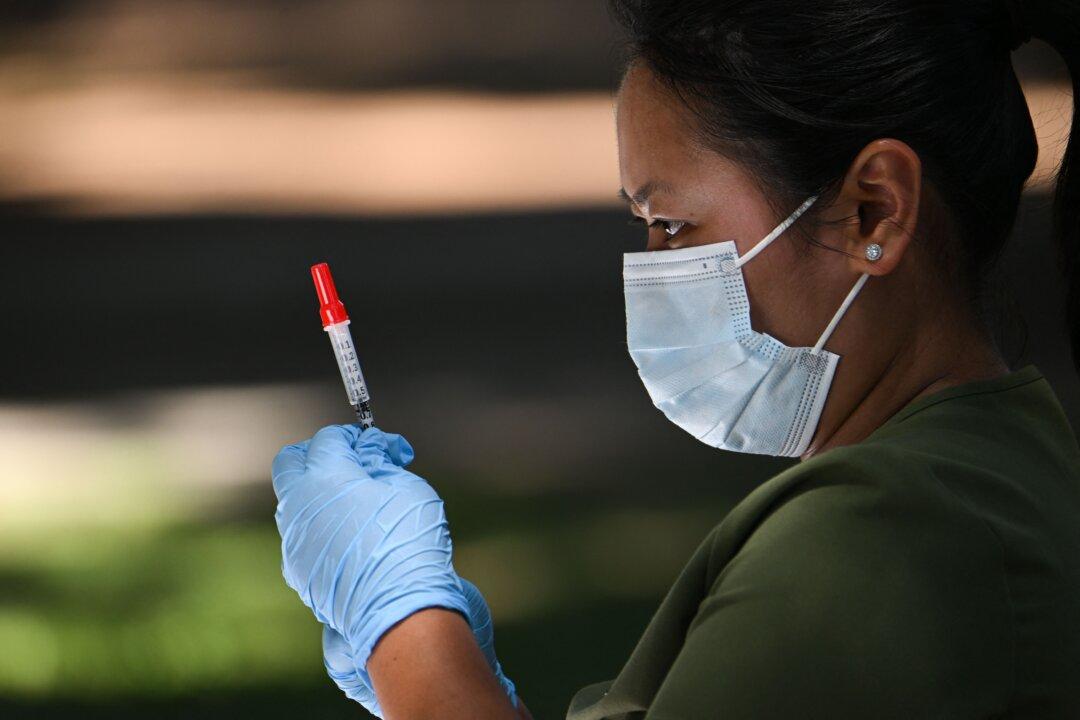Monkeypox vaccine maker Bavarian Nordic has warned it may not be able to meet demand as cases of the virus continue to surge across the globe.
“It’s a very dynamic market situation,” Rolf Sass Sorensen, a vice president at the firm, told Bloomberg on Wednesday. “Demand keeps rising, and it’s no longer certain that we can continue to meet the demand we’re facing even with the upgrade of our existing manufacturing site in Denmark.”




